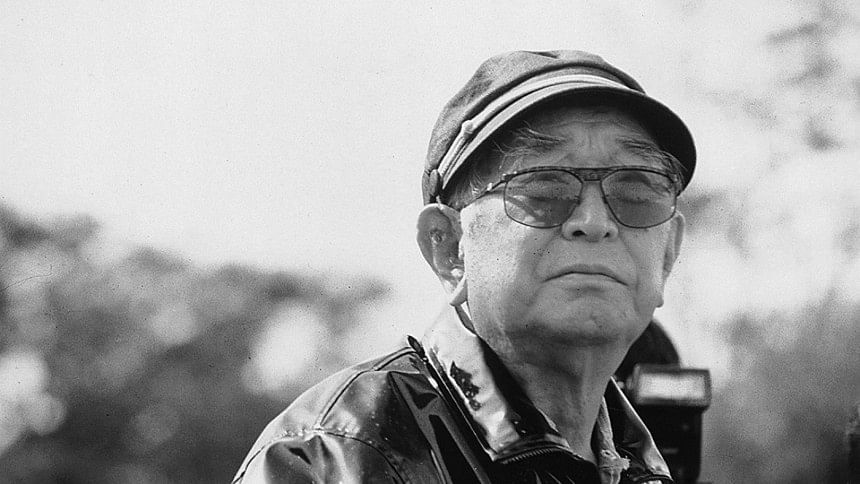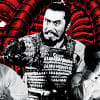Akira Kurosawa - A Japanese filmmaking legend

Akira Kurosawa is considered as one of the most prominent filmmakers in the history of cinema. The Japanese director and screenwriter, was endowed with profound creativity. What sets his work apart from the rest was his mastery in presenting the infinite grace of nature and the combative characteristics of human beings. Akira Kurosawa was born on this day in 1910.
When Akira Kurosawa was still young, his elder brother Heigo Kurosawa took him to see the devastation caused by the 1923 Great Kanto earthquake; he witnessed rotting dead bodies and carcasses of animals and birds all around. This served as his indoctrination to the volatility of nature and human beings. Later in his career, these two elements reflected in many of his masterpieces.
Kurosawa's mentor, director Kajiro Yamamoto left a lasting legacy with him - a good director must also excel as a screenwriter. Kurosawa followed it, and his films went on to become successful. Drunken Angel (1948) is considered to be his first film that became critically acclaimed, starring Toshiro Mifune, who went on to act subsequently in many more of Kurosawa's films.
Kurosawa's Rashomon (1950) was screened at the Venice Film Festival, where it won a Golden Lion (the highest prize given to a film at the festival) in 1951. Mifune's spectacular acting skills in the film, paired with the mesmerising portrayal of nature -- rain pouring in endless streams and sunlight escaping through the wooden canopy -- made it a work of art. Ikiru (1952) tells the story of a government official who, upon learning about his deadly cancer, seeks affection from his family but fails. Many film critics consider it to be one of the best films to have ever been made. Inspired from Hollywood's 'Western' films, the epic Seven Samurai (1954) ranks as one of Kurosawa's greatest commercially successful films. He used new techniques with long lenses, multiple cameras and wide screen. It had a wonderful effect on action shots. Kurosawa used these techniques for other films like Hidden Fortress, Throne of Blood, Red Beard and Ran.
Akira Kurosawa's greatness far exceeded his counterparts'. Renowned American filmmaker Francis Ford Coppola once mentioned that most directors have one or two masterpieces by which they are known. But Kurosawa has at least eight or nine. The great filmmaker passed away on September 6, 1998.

 For all latest news, follow The Daily Star's Google News channel.
For all latest news, follow The Daily Star's Google News channel. 






Comments